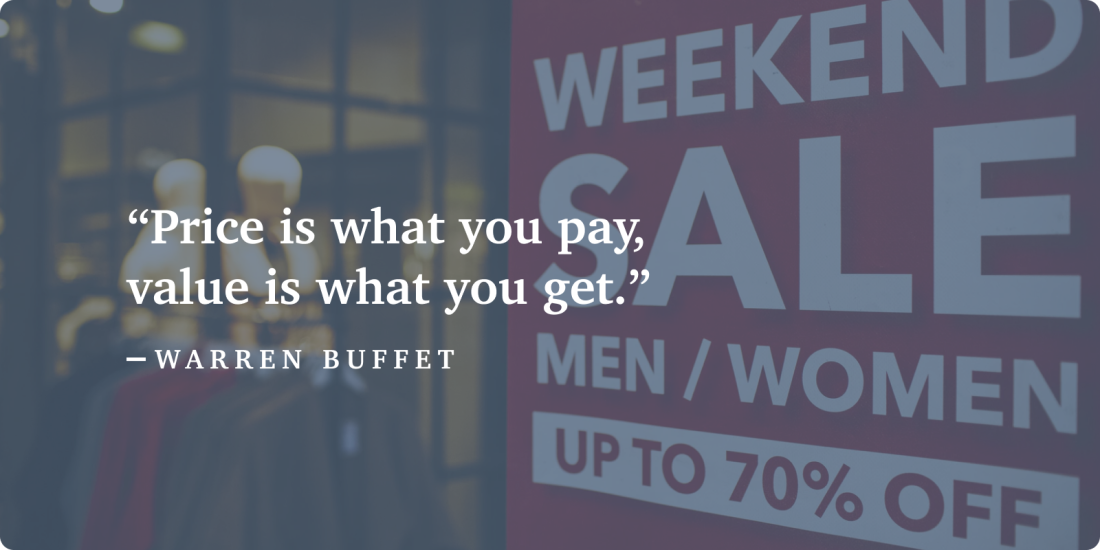How not to spend $1000 (for a $200 product)

TABLE OF CONTENTS
We’ve been paying extra for almost everything.
Have you ever bought bulk groceries? or bought software? You probably know that you’ve almost always paid extra. No matter what the deal is.
In the case of software products that we use every day like GSuite or SAP, 60–80% gross margin is a standard norm.
I recently got a new home built and explored tens of lights, hundreds of paint colors, thousands of layout configurations to make my buying decisions. After all, I want to feel good about the final outcome because I’ll be spending tens of thousands of hours living here.
There is absolutely no standard pricing in wholesale trade markets. Buying directly from manufacturers could also be more expensive because of certain market’s design.
The stakeholders in value chains earn pretty decent margins. Without them, we’d still be paying extra.
We’ve all (mostly) always paid extra.
We usually don’t know how much something should cost—precisely because we don’t know how exactly hundreds of thousands of articles are made to cost, and what changes in hundreds of markets every single day.
Even if we do, demand power and supply power, throughout the centuries, have been the only two constants that define a price.
But, nobody likes to pay extra intentionally.
Humans don’t always make financially best decisions when it comes to buying things. Emotions like greed and fear also come into play. Greed to get better deals and fear of missing out on a great deal.
Very few people are skilled to always buy the best. That’s where a procurement professional comes in.
While running a business, there’s a constant need to buy goods and services. Figuring out how to spend the most efficiently is where a procurement professional adds the most value.
Buying efficiently is a science that is kept locked in secretly with the world’s biggest companies.
Having interviewed hundreds of procurement leaders, we’ve observed different styles of purchasing but few common patterns emerge.
While there is no MBA for procurement — we believe that all business leaders should be able to take their spend decisions without feeling handicapped about their knowledge of procurement.
Without a great procurement team and process, even the most cash-rich companies face a crisis of delayed goods or services, rejected material, shrinking margins, unreliable supply base, and many more!
In a series of articles and podcasts, we’ll be sharing the secrets of skillful spending from these leaders. From buying software to agriculture commodities, we’ll cover how business procurement leaders think and work.
Until then, I’ll try and save myself money by finding the right professionals who can guide me on how to evaluate vendors for my home construction!
Procol is an intelligent procurement platform that helps companies save up to 10% costs by adopting a faster, easier, scalable sourcing process and discover saving opportunities.
Get a Free Demo
We'd love to hear from you. Please fill out this form to schedule a demo with us. You can also give a call on +91 76666 82222




